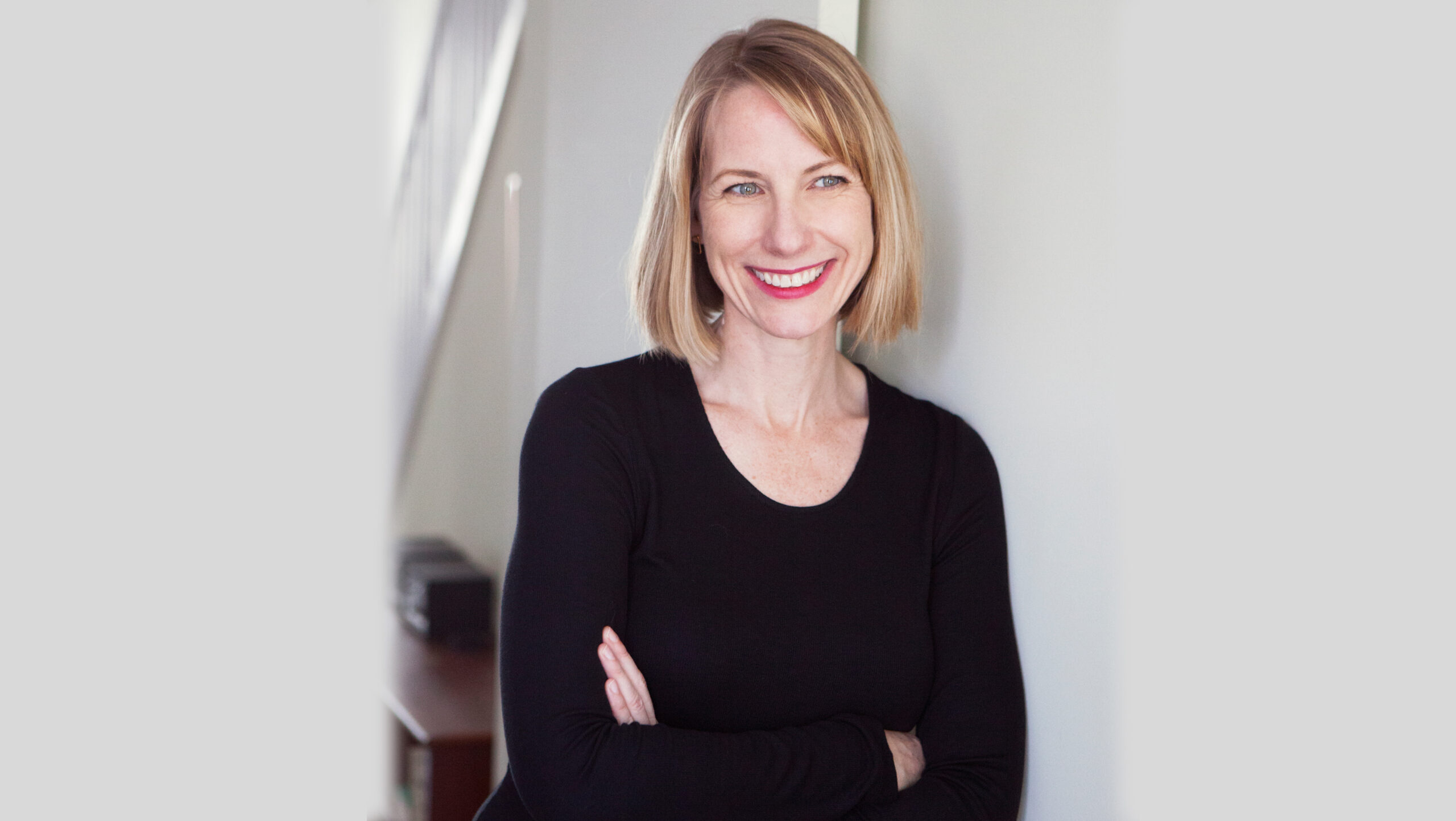My first real job in journalism was at Xtra in the mid-1990s, when I was hired to be the magazine’s first features editor. It was a print publication then, distributed every two weeks in bars, coffee shops and bright pink newspaper boxes. At that time, sexual orientation was a recent addition to the Canadian Human Rights Act, while same-sex marriage remained illegal. Antiretroviral therapy for HIV/AIDS had just been approved, while incidences of the disease were reaching their peak among gay men in the west. LGBT organizations Queer Nation and ACT UP staged die-ins and kiss-ins to protest harassment and discrimination. Canada Customs agents routinely seized sexually explicit books and magazines being shipped to LGBT bookstores. At clubs, RuPaul’s “Supermodel (You Better Work)” was in rotation. On TV, Ellen wasn’t your mom’s favourite lesbian yet: she was still deep in the closet.
It was a moment of upheaval, change and backlash. A time of flourishing queer and trans culture, political visibility and expanding expressions of identity and self-definitions. And it was a time that saw a clash between growing progressive activist movements and a surging, socially conservative populism.
It was a time, in other words, not unlike this one. And to return to Xtra as its director of editorial, in this creative, courageous, frightening, furious and critical moment, is both thrilling and humbling.
Xtra is one of the longest-running LGBT media titles in world, beginning with its predecessor The Body Politic in the 1970s, and this legacy carries a tremendous power and weight. But to remain relevant and vital in an ever-changing media landscape and for an ever-evolving community, you can’t rely solely on history. You have to continually ask: how do we own and share our stories? What’s the best form and format for those narratives? How do we reflect our multiple and intersecting identities of sexual orientation, sex, gender, race, class, language and religion? What’s our role in the fight for justice and equality, and in creating a safe community? And — most importantly of all — how do we tell stories that are compelling and connect deeply with our audience?
For the past several months, Xtra has been involved in an intensive strategy-planning process addressing these very questions. They’ve been talking to staff and to members of the broader community about the future of LGBT journalism, and how to more fully and dynamically reflect and engage our audience, right now and into the future. It’s a radical rethink of Xtra — one of the most significant in its history.
In my new role, which begins on Nov 5, I’ll be joining the team as they complete this consultation and then put these plans into action in the upcoming months. Much is already underway: since Xtra became a digital-only publication a few years ago, the editorial team has expanded its repertoire with video, social media and more personal essays and profiles alongside traditional news and political coverage. We’ll be building on that already smart and exciting work as we expand into new platforms and channels, employ new forms of journalism and come up with new ways to connect with you.
After 20-plus years working as a journalist, it’s an unexpected delight and honour to return to the place where I started. I can’t wait to launch this new chapter in Xtra’s history and hear what you think.


 Why you can trust Xtra
Why you can trust Xtra


